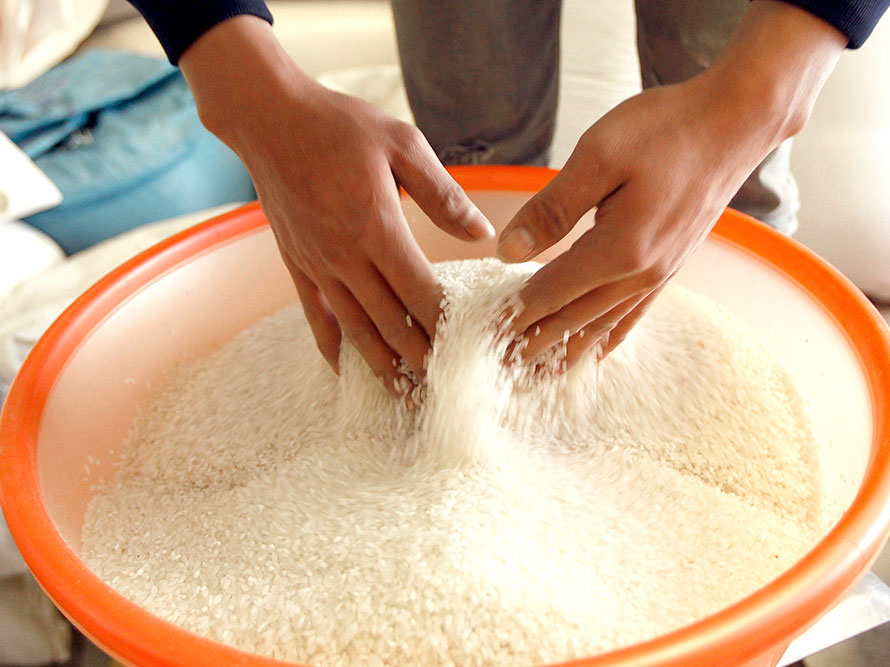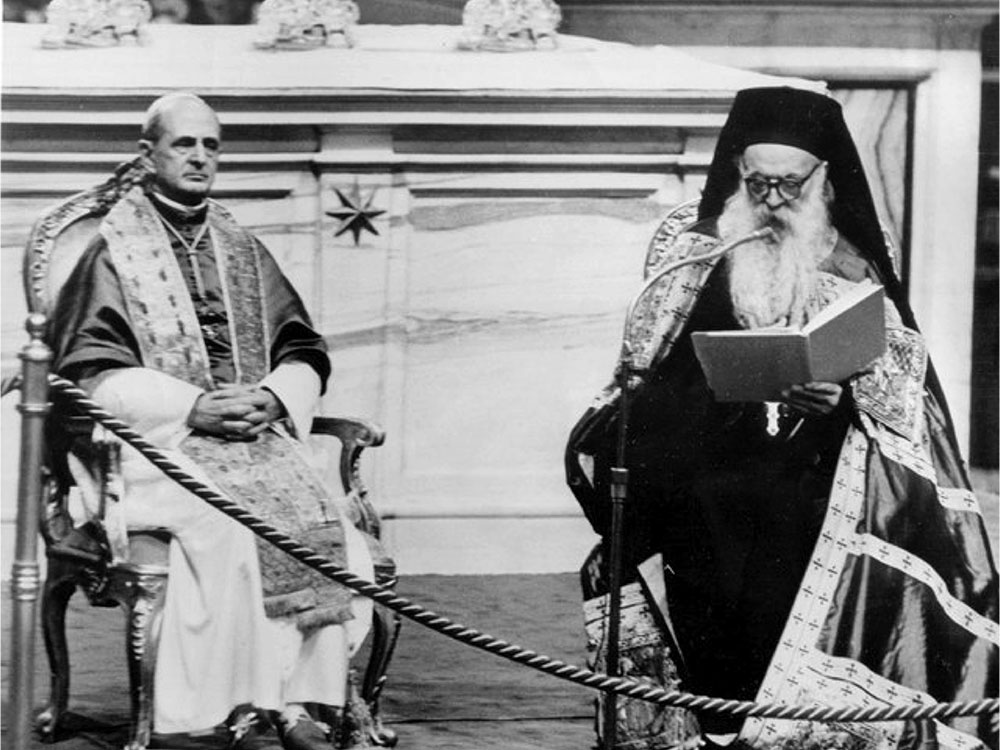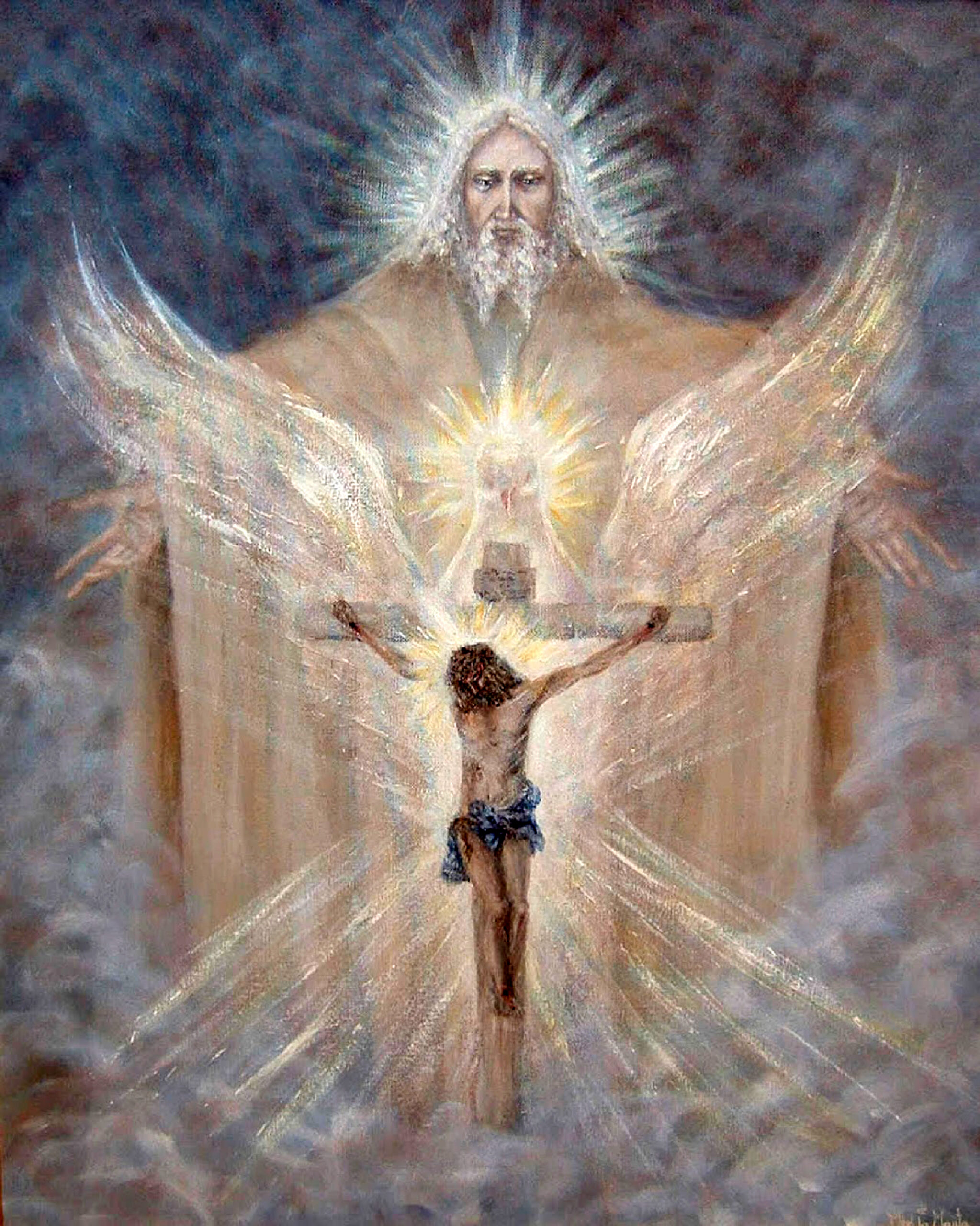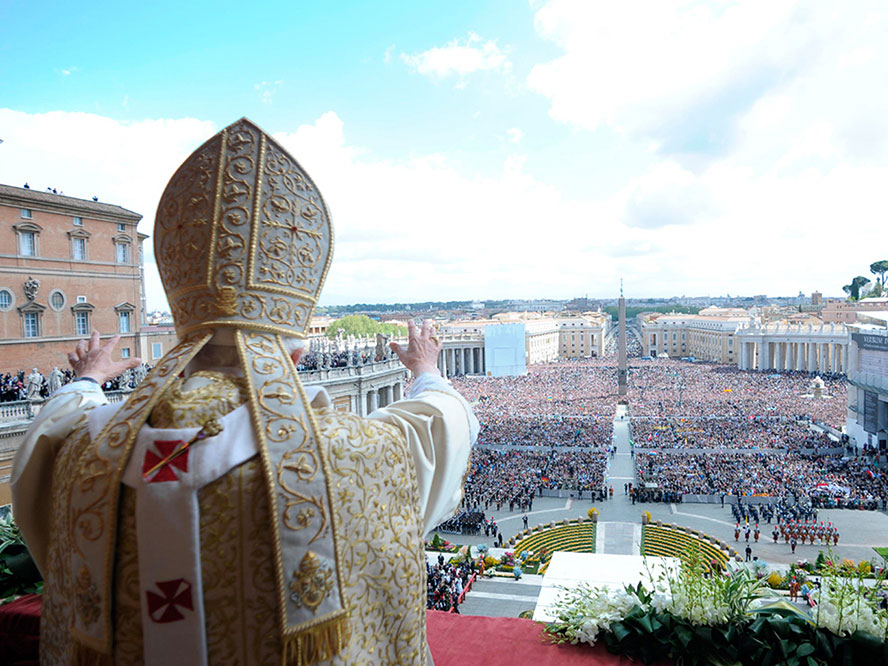Jesus Christ. How many times have we said these two words? Surely, a Christian calls his Lord: Jesus Christ. Certainly, most priests will quote Him, at least, once in their sermons: Jesus Christ. Yet, have we ever thought that if Jesus is the name of a historical person, Christ is not His name? It is not even His last name. Jesus is a name and Christ is a title. In fact, the exact diction should be “Jesus, the Christ.” What is the meaning of saying “I believe in Jesus Christ”? I think it would be interesting to explore more what lies behind a name, and see how the realities it signifies shape our faith in the Lord. Jesus, son of Joseph, was born in what we call Holy Land some 4 to 6 years before the beginning of the modern era. A mistake in calculating His date of birth brought us to start the Christian era when Jesus was actually a small boy. The Gospels tell us that He was born in Bethlehem, yet as an adult He is always referred to as the Nazarene, the one from Nazareth. So where was He really from? It is difficult to say. We reason in a historical way, while the Gospels were written not as books of history, but as Good News, they portray the truth of faith for salvation, not always the truth as we understand it currently. Matthew and Luke speak of Bethlehem because they need to show how Jesus was indeed in the line of David, who was from Bethlehem. Mark and John, who do not place much importance on Jesus’ genealogy, simply name Him after the town He came from. This already tells us something important: Jesus was a person born in history; He had a father and a mother, and He was clearly born in one place. At the same time, the Gospels are not interested in telling us about the historical Jesus; they were written to tell us about His message and meaning. We should be discerning in understanding the history of Jesus as different from what we read in the Gospel. In fact, the Gospels are silent about Jesus’ life until He starts his public life. Where did He live? What languages did He speak? What work did He do to support Himself? Where did He study the Holy Scriptures that He used in preaching so well? We simply do not know, but we can still learn something from what the evangelists tell us. A middle-class worker Jesus grew up in Nazareth. This was a small village in Galilee, not far from a large town, Seforis. Even though Seforis is never mentioned in the New Testament, this large town could not have escaped the interest of the young Jesus. Growing in rural Galilee, Jesus was accustomed to look at nature with interest. Later on, during His teaching, He would use what He learnt from His observation of reality: “You cannot hide a town built







